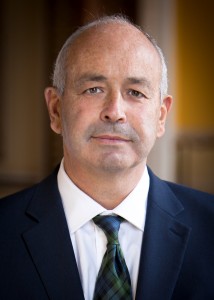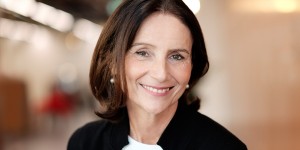Business groups have cautiously backed the reduction of many coronavirus lockdown restrictions announced earlier this week by the Prime Minister.
But they also warned that other measures to boost the economy were still needed to avoid widespread business failures and job losses. 
In a major boost to the West of England’s vital tourism and hospitality sectors, from Saturday, July 4, pubs and restaurants will be able to re-open, providing they adhere to Covid-19 guidelines.
The 2m social distancing rule will be reduced to 1m, although Boris Johnson said this needed to be in association with other measures such as facemasks and screens to protect staff.
Hotels, guest houses and caravan and campsites as well as museums, galleries and places of worship will also be allowed to open if they can do so safely.
Business West, the region’s largest business group which runs Bristol Chamber of Commerce, said the reopening of culture, tourism and leisure venues would enable more companies to reopen and be cautiously welcomed by the business community.
However, managing director Phil Smith, pictured, said: “While the relaxation of the 2m rule will help more firms increase capacity, we are still a long way from business as usual. 
“Broader efforts to boost business and consumer confidence will still be needed to help firms trade their way out of this crisis.
“A comprehensive test and trace system, including a mass testing regime, must be in place to realise the benefits that the easing of restrictions could bring to firms across the UK, many of whom are relying on the swift return of consumer confidence.
“Businesses also need a clear roadmap to recovery, including fresh support for the worst-affected sectors and geographic areas, and broader fiscal measures to get the economy moving again.”
The move was also welcomed by West of England Metro Mayor Tim Bowles, who said: “This change will certainly kickstart the hospitality, leisure and tourism industries and help our region’s economic recovery.
“However, while reducing social distancing to 1m will make a big difference to pubs and restaurants, it will only allow an extra one or two people on a bus so the travel advice remains the same – only travel on public transport if you have no other options and remember to wear a face covering.”
He said everyone had a part to play in reducing the pressure on the region’s public transport services and should walk, cycle or use their car if they needed to and avoid peak travel times if they possibly can. 
“I’m asking employers to do what they can to share government travel guidance with staff and support them to avoid travelling at peak times where possible, that includes continuing to work from home if possible, and changing start and finish times,” he added.
“I recognise that these measures aren’t possible for all types of businesses, but if we all do what we can, we can make sure travel is as safe as it can be.”
The CBI said easing social distancing rules would make a material difference to the viability of thousands of firms.
But director-general Dame Carolyn Fairbairn, pictured, added that as the hospitality and cultural sectors prepared to re-open, the safety of their staff and customers needed to come first to maintain confidence.
“Firms will be keen to closely examine the guidance that will be critical for success,” she said.
“Meanwhile, planning for a sustainable and inclusive economic recovery must now take centre stage. In the coming weeks business will be looking for the government to accelerate efforts to protect jobs, livelihoods and future prosperity across all UK nations and regions.”






























